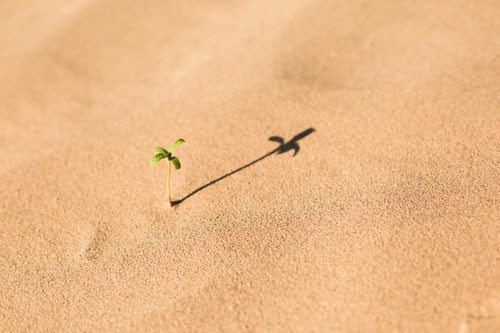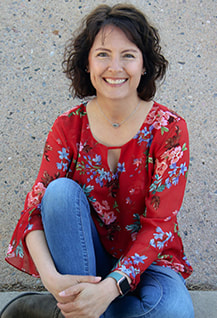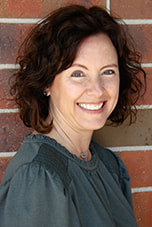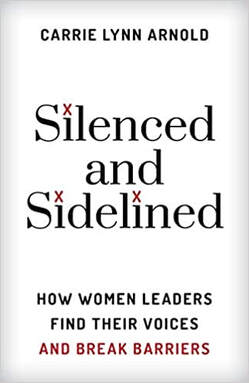|
I have a little notebook that goes with me everywhere. It is small enough to fit in my purse and when I hear someone say something funny, or I need to make a note of something significant, I’ll pull it out. The journal is far from sequential, and I’ve written passages in the middle, margins, back, and on the side in every color ink and pencil. It represents different days and events of my life like a fuzzy, out-of-focus, Polaroid camera. The other day I sat down and read it from cover to cover and one particular day stayed with me. March 5, 2016, was the day I started interviewing silenced female leaders for my dissertation. Fast forward to today, I now have data on 65 women. However, this cold March day from two and a half years ago was my first official recorded interview that was later transcribed and analyzed for hours. These notes were captured in my car as I sat there reflecting after the 90-minute interview. They are private reflections that now represent something more significant. In no particular order:
There was more written. I was wrestling with varying degrees of thoughts and emotions as I surfaced from the first, and entered into the journey of many, research interviews. Words like beauty, sadness, sacred, privilege, validation, comfort and allowance all hold unique and special meaning as I reflect. After that first interview, I made a change to my protocol and began asking: How does it feel to participate in this interview and answer questions about voice and silence?
That one small question, a slight shift to end the interview, one last chance to gather any last-minute participant thoughts or ideas created the highest level of learning and research finds. We never know how one small question, insignificant as it may be, can be the very thing that unlocks something powerful. As a social scientist and leadership coach, I continue to sit in wonder of the power of a simple question. What simple question do you need to ask? |
Carrie Arnold, PhD, MCC, BCCIn no particular order: Author | Dog mom | Speaker | Reader | Mom to human offspring | Wife | Lover of Learning | Leadership coach & consultant, The Willow Group | Faculty for Evidence-Based Coaching at Fielding Graduate University
�
Categories
All
|
The Willow GroupCarrie Arnold, PhD, MCC
|
Silenced and Sidelined: How Women Leaders Find Their Voices and Break Barriers
|
|
© 2020 The Willow Group, LLC






